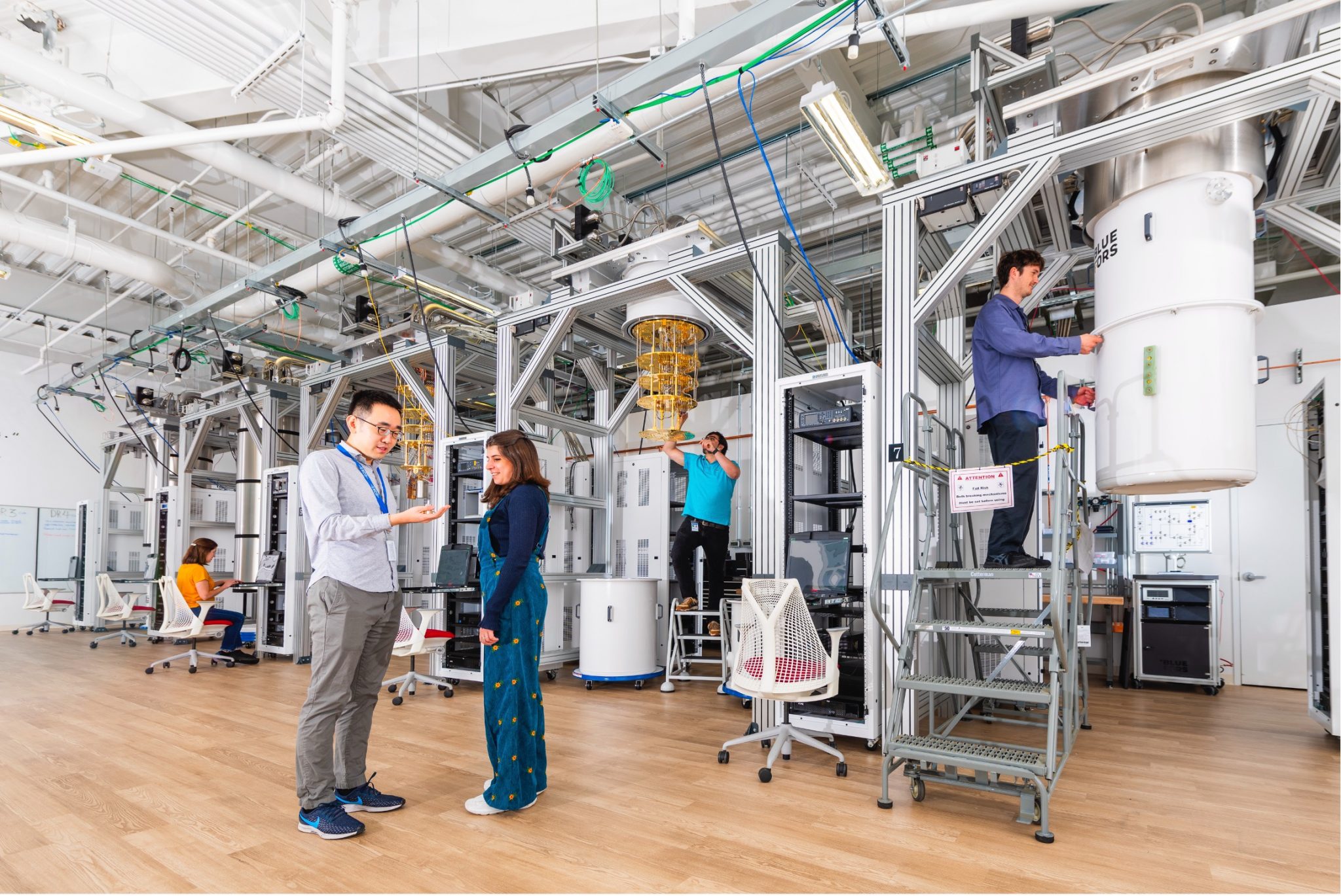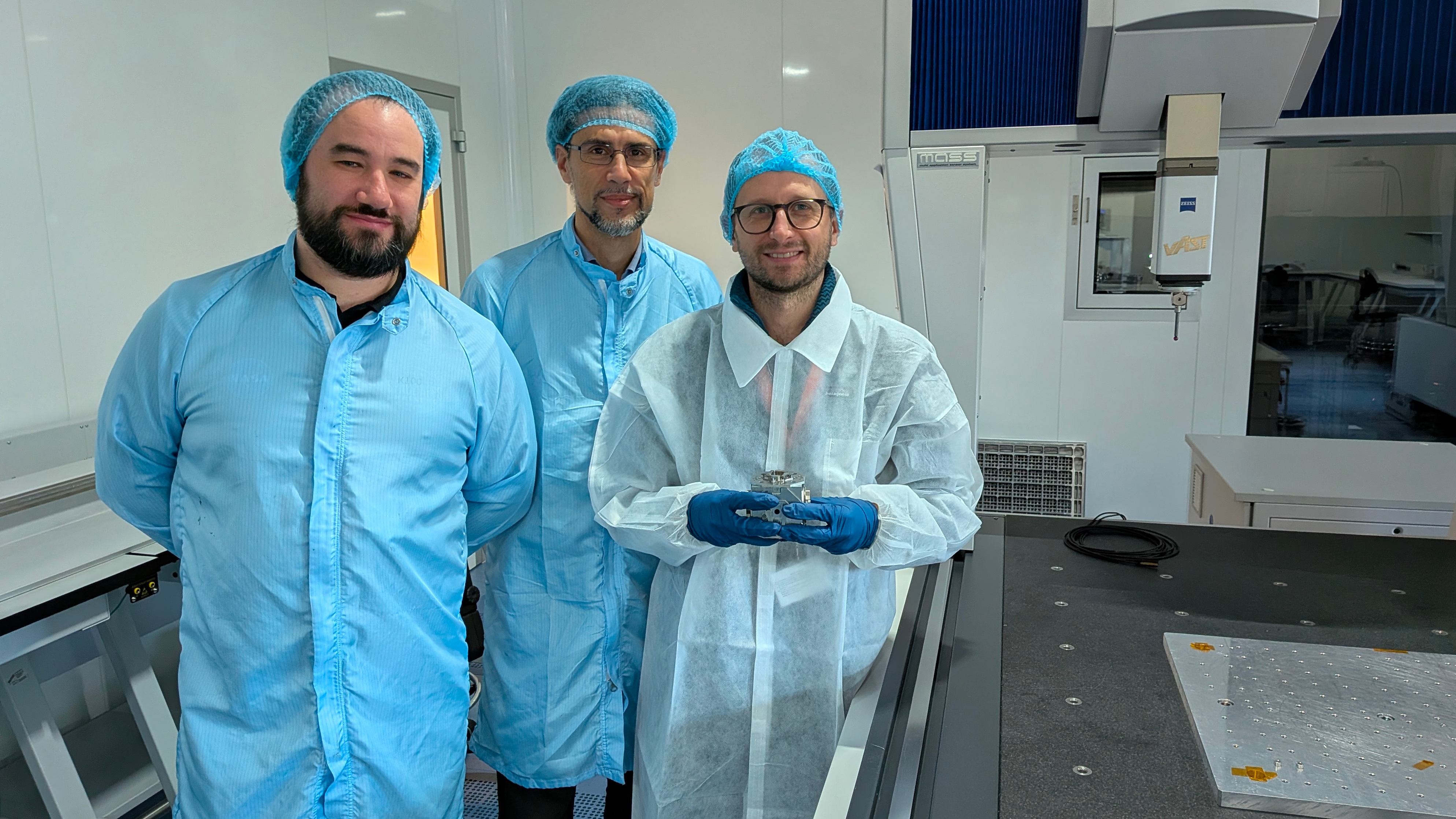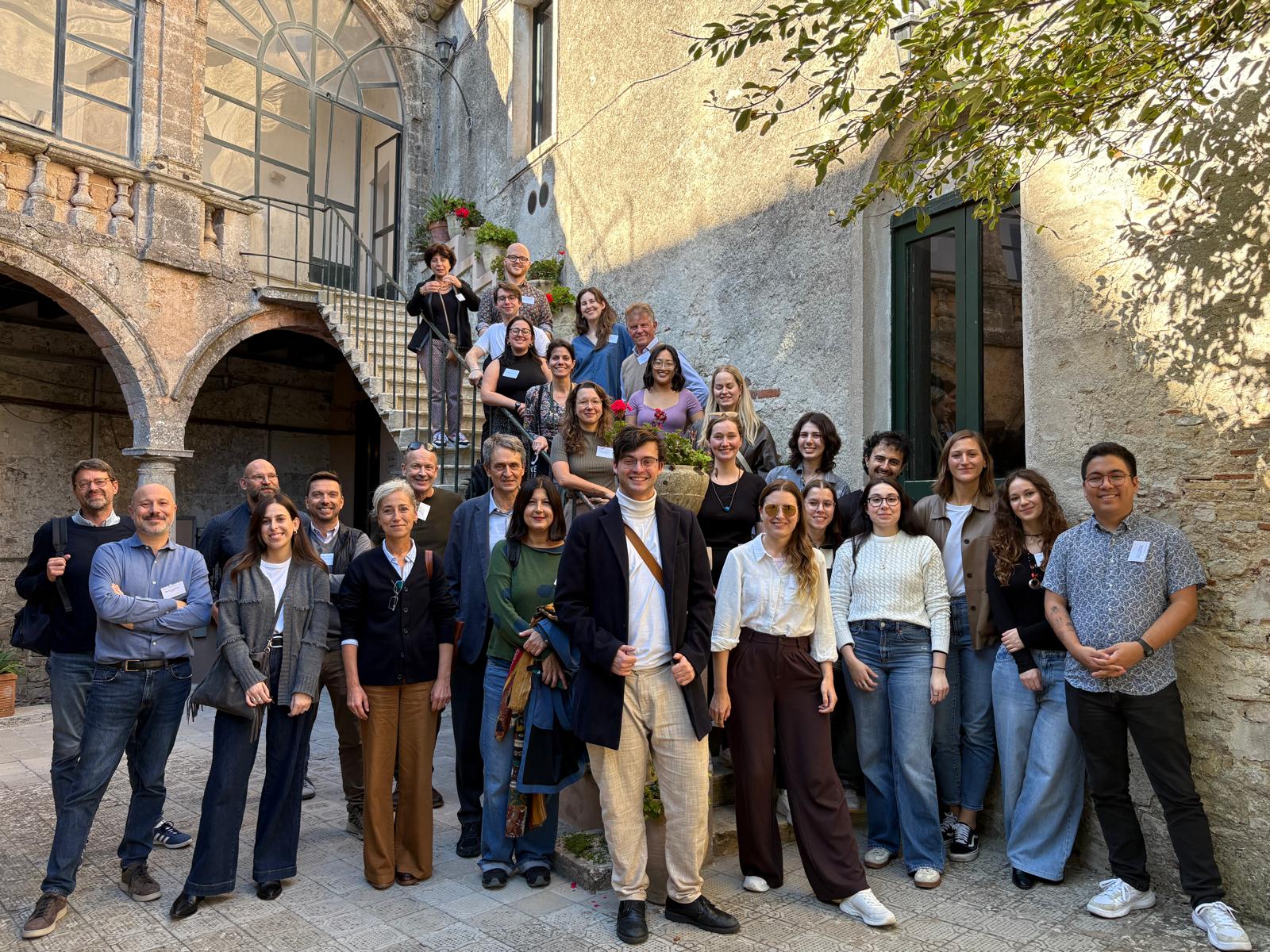 The cooperation between Italy and China for dark matter research is confirmed and strengthened. During the bilateral meeting of May 9thbetween INFN and IHEP (Institute for High Energy Physics) of Beijing, the two Institutes signed the letter of interest to participate in the HERD (High Energy Cosmic Radiation Detection) experiment.HERD is one of the main science projects of the Chinese Space Station, which involves the construction of a new powerful space telescope. The scientific objectives of HERD, whose launch is planned for 2020, are dark matter particle detection, cosmic ray composition analysis and high energy gamma ray observation. The main characteristics of the future detector are its total weight, which will be less than 2 tons, and its total energy consumption, which will be less than 2 kilowatts.
The cooperation between Italy and China for dark matter research is confirmed and strengthened. During the bilateral meeting of May 9thbetween INFN and IHEP (Institute for High Energy Physics) of Beijing, the two Institutes signed the letter of interest to participate in the HERD (High Energy Cosmic Radiation Detection) experiment.HERD is one of the main science projects of the Chinese Space Station, which involves the construction of a new powerful space telescope. The scientific objectives of HERD, whose launch is planned for 2020, are dark matter particle detection, cosmic ray composition analysis and high energy gamma ray observation. The main characteristics of the future detector are its total weight, which will be less than 2 tons, and its total energy consumption, which will be less than 2 kilowatts.
To achieve its scientific objectives, HERD must be able to measure with great accuracy the energy and direction of origin of electrons and gamma rays, i.e. high energy photons (from tens of GeV up to 10 TeV), and the energy of cosmic rays, also determining their charge (up to the PeV scale). HERD will be able to detect high energy gamma rays, electrons and cosmic rays with a higher resolution compared to current telescopes: this implies that the experiment has great potential in contributing in an innovative manner to the understanding of the origin and propagation of high energy cosmic rays, and to the identification of possible “signatures” left by dark matter particles, but also to new discoveries in the field of so-called “high energy gamma-ray astronomy”.
You might also be interested in

Quantum computing: INFN and the US SQMS laboratory renew their collaboration

Search for new physics: a possible new approach from bent crystals

Einstein Telescope: Lusatia officially enters the competition

Detecting gravitational waves from space: first steps for the LISA mission

ORIGINS. Exploring Science Communication and Journalism
